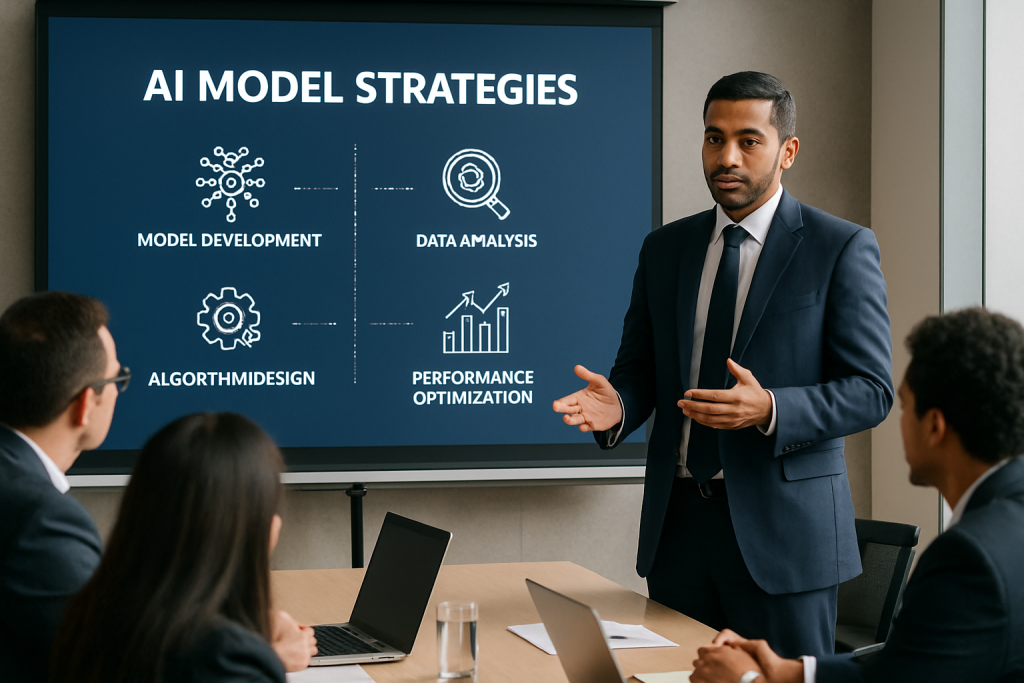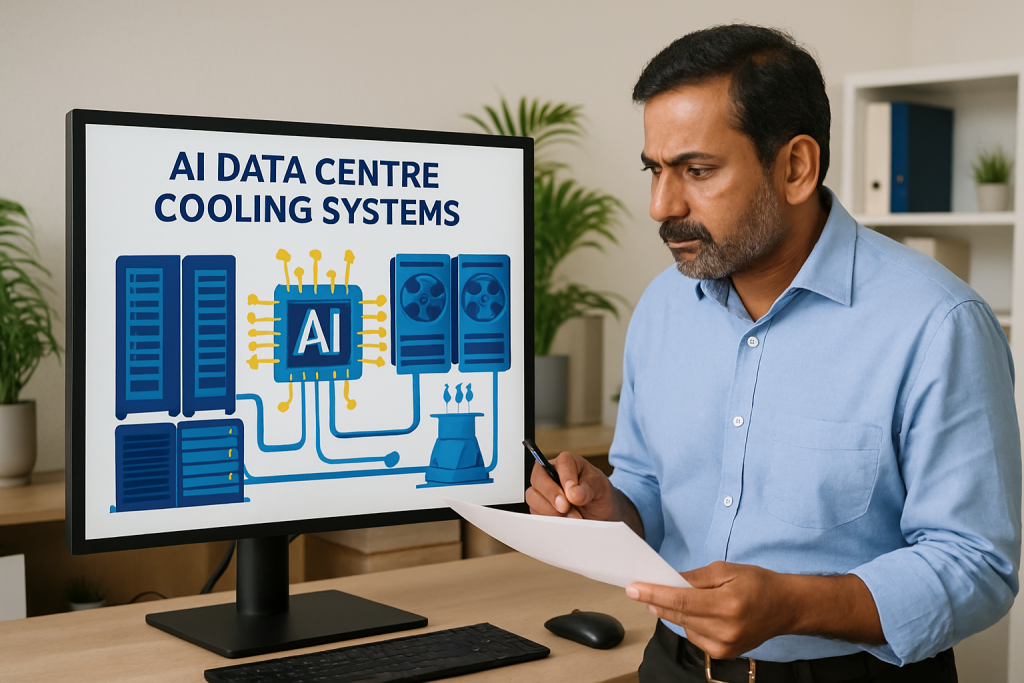Enterprises Moving from OpenAI to Anthropic AI
Enterprises worldwide are shifting away from OpenAI toward Anthropic AI models. This change signals a major trend in business AI adoption, particularly in India. Indian companies should pay attention to this market shift.
Why This Shift Matters Now
The global AI market is accelerating rapidly in India, especially in enterprise AI. Startups and established businesses are integrating AI into daily workflows. Access to the best AI tools now determines competitive advantage. Anthropic’s rise opens new opportunities for Indian companies seeking better decision-making tools.
This trend affects how businesses choose their AI partners. Companies now prioritize safety and reliability over brand recognition. The shift shows enterprises want AI that aligns closely with their values.
How Anthropic AI Solves Key Enterprise Problems
Anthropic focuses on safety-aligned AI development. Their models emphasize user safety and interpretability. This approach appeals to businesses facing ethical AI concerns. Companies can safely deploy these tools without regulatory worries.
The models deliver greater accuracy in real-world applications by predicting outcomes more effectively through comprehensive data analysis. This improves business results and operational efficiency.
Anthropic also prioritizes collaboration over competition. They form partnerships with leading enterprises to enhance enterprise AI offerings. This strategy fosters innovation through shared resources and aligned priorities.
Strategic Advantages for Indian Businesses
Indian companies can leverage this shift in enterprise AI for competitive advantage. Anthropic’s models offer better performance than traditional options. Early adopters gain access to superior AI capabilities before competitors.
The safety focus meets growing AI scrutiny in India. Regulatory concerns about AI usage are intensifying globally. Choosing responsible AI providers helps reduce compliance risks.
Technology, retail, and logistics sectors are already switching. These industries report improved accuracy and relevance. Indian companies in similar sectors should evaluate Anthropic’s offerings.
What Business Leaders Should Know
Enterprises adopting Anthropic AI models see productivity improvements. They also gain deeper insights into consumer behavior, making Anthropic a suitable OpenAI alternative. Operational effectiveness increases through better data analysis.
Companies must integrate continuous learning systems. Feedback loops ensure AI tools evolve with market demands. This approach drives efficiency and innovation simultaneously.
The shift requires rethinking AI partner selection criteria. Business leaders should prioritize alignment with corporate values. Operational needs must match AI provider capabilities.
Market Impact of Anthropic AI in India
This trend could accelerate AI adoption among Indian SMEs. Safety-focused AI reduces technical barriers for non-technical founders, making AI adoption easier across sectors. Smaller companies can deploy AI without large technical teams.
The collaborative approach benefits India’s startup ecosystem. Partnerships with leading enterprises create chances for local companies. Shared resources lower implementation costs and risks.
Indian businesses should stay informed about AI developments. The landscape continues maturing rapidly. Early awareness provides strategic advantages.
Risks and Considerations
Enterprises must evaluate AI tools against their immediate needs. Long-term goals should align with provider capabilities. Ethical standards must guide selection decisions.
Companies should remain adaptable as the market evolves, especially in enterprise AI. New AI providers will emerge with different strengths. Flexibility prevents vendor lock-in situations.
The transition requires careful planning and execution. Businesses need clear metrics to measure AI impact. Success depends on proper integration and team training.
Anthropic’s rise shows how market preferences change quickly. Their safety-first approach addresses current business concerns. Indian companies should evaluate whether this shift benefits their operations.


